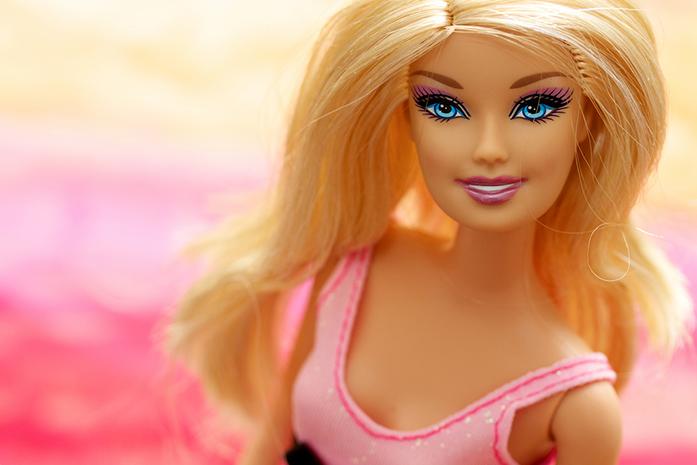Hannah Soyer
[email protected]
Barbie has never been a favorite among those of us who strive to move society forward in regards to empowering women and spreading positive body-image messages. The doll, created by Mattel in 1959, has definitely had its low points in its long career as a toy marketed for young girls. There are the scientifically impossible body ratios, which would mean if she was a real women, she would have room for only half a liver and need to walk on all fours in order to support her unrealistic shape. Then, there’s the extreme lack of racial diversity, although this has been improving slightly as time has gone on.
Perhaps the most embarrassing moment in Barbie’s life was the release of the 1992 “Teen Talk” Barbie that said “Math class is tough.” It’s perfectly fine to think math class is tough. I think math class is tough, although this has nothing to do with my gender. But when a doll geared toward young girls and made to represent a stereotypical teenage woman says this, there are going to be some implications.
Recently, however, Mattel released an ad for Barbie with the tagline “You can be anything.” The video is unscripted and opens with the line “What happens when girls are free to imagine they can be anything?” It then goes on to capture young girls pretending to be professionals in real-life settings. This includes girls pretending to be college professors, soccer coaches, veterinarians, museum tour guides, and businesswomen. At the end of the ad, it shows a young girl playing with Barbies, with text over it saying, “When a girl plays with Barbie, she imagines everything she can become.”
This is ultimately a step in the right direction for Barbie and Mattel. By showing real young girls in professional environments of their choosing, Mattel is saying that girls don’t have to adhere to outdated gender roles once portrayed in “Teen Talk” Barbie. Mattel is even going beyond this by saying that Barbie can help girls imagine what they would like to have as a career or do as they get older. This may be supported by the fact that Barbie has had more than 150 careers since she first came out, giving examples to young girls of what they could be when they grow up.
I think the new commercial is not only adorable but also progressive. However, this shouldn’t distract us from the unrealistic body image Barbie still presents to the children who play with her. New ad or not, this is still something that makes Barbie a less than desirable image for young girls to have. It’s no news flash that eating disorders are a problem, along with any sort of self-esteem issues related to body image.
Obviously, there is no way to conflate such problems with Barbie, but such early exposure to scientifically proven impossible figures surely doesn’t do anything to help. It’s great if Barbie can be used as a way for young girls to explore what they want their future to look like, but it complicates things when they’re using unrealistically shaped dolls to play out what they imagine themselves doing.



